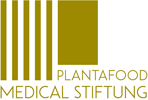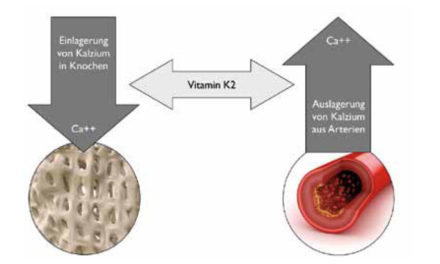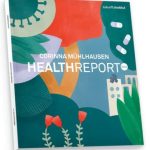Polyphenol-vermittelte Autophagie bei Krebs: Nachweis von In-vitro- und In-vivo-Studien
Monica Benvenuto 1,2 , Loredana Albonici 2 , Chiara Focaccetti 2,3 , Sara Ciuffa 2, Sara Fazi 4, Loredana Cifaldi 2,5, Martino Tony Miele 6 , Fernando De Maio 2, Ilaria Tresoldi 2, Vittorio Manzari 2, Andrea Modesti 2, Laura Masuelli 4,† and Roberto Bei 2,*,†
1 Saint Camillus International University of Health and Medical Sciences, Via di Sant’Alessandro 8, 00131 Rome, Italy; monica.benvenuto@unicamillus.org
2 Department of Clinical Sciences and Translational Medicine, University of Rome “Tor Vergata”, Via Montpellier 1, 00133 Rome, Italy; albonici@med.uniroma2.it (L.A.); chiara.focaccetti@uniroma5.it (C.F.);
sara.ciuffa3@gmail.com (S.C.); cifaldi@med.uniroma2.it (L.C.); demaio@med.uniroma2.it (F.D.M.); ilaria3soldi@hotmail.com (I.T.); manzari@med.uniroma2.it (V.M.); modesti@med.uniroma2.it (A.M.)
3 Department of Human Science and Promotion of the Quality of Life, San Raffaele University Rome, Via di Val Cannuta 247, 00166 Rome, Italy
4 Department of Experimental Medicine, University of Rome “Sapienza”, Viale Regina Elena 324, 00161 Rome, Italy; sara.fazi@uniroma1.it (S.F.); laura.masuelli@uniroma1.it (L.M.)
5 Academic Department of Pediatrics (DPUO), Ospedale Pediatrico Bambino Gesù, IRCCS, Piazza Sant’Onofrio 4, 00165 Rome, Italy
6 Department of Experimental Medicine, University of Rome “Tor Vergata”, Via Montpellier 1, 00133 Rome, Italy; miele@med.uniroma2.it
* Correspondence: bei@med.uniroma2.it; Tel.: +39-067-2596-522
† These authors contributed equally to this work.
Received: 7 August 2020; Accepted: 8 September 2020; Published: 10 September 2020
Abstract
One of the hallmarks of cellular transformation is the altered mechanism of cell death. There are three main types of cell death, characterized by different morphological and biochemical features, namely apoptosis (type I), autophagic cell death (type II) and necrosis (type III). Autophagy, or self-eating, is a tightly regulated process involved in stress responses, and it is a lysosomal degradation process. The role of autophagy in cancer is controversial and has been associated with both the induction and the inhibition of tumor growth. Autophagy can exert tumor suppression through the degradation of oncogenic proteins, suppression of inflammation, chronic tissue damage and ultimately by preventing mutations and genetic instability. On the other hand, tumor cells activate autophagy for survival in cellular stress conditions. Thus, autophagy modulation could represent a promising therapeutic strategy for cancer. Several studies have shown that polyphenols, natural compounds found in foods and beverages of plant origin, can efficiently modulate autophagy in several types of cancer. In this review, we summarize the current knowledge on the effects of polyphenols on autophagy, highlighting the conceptual benefits or drawbacks and subtle cell-specific effects of polyphenols for envisioning future therapies employing polyphenols as chemoadjuvants.
Keywords
polyphenols; natural compound; autophagy; cancer; cell death; cytoprotective







